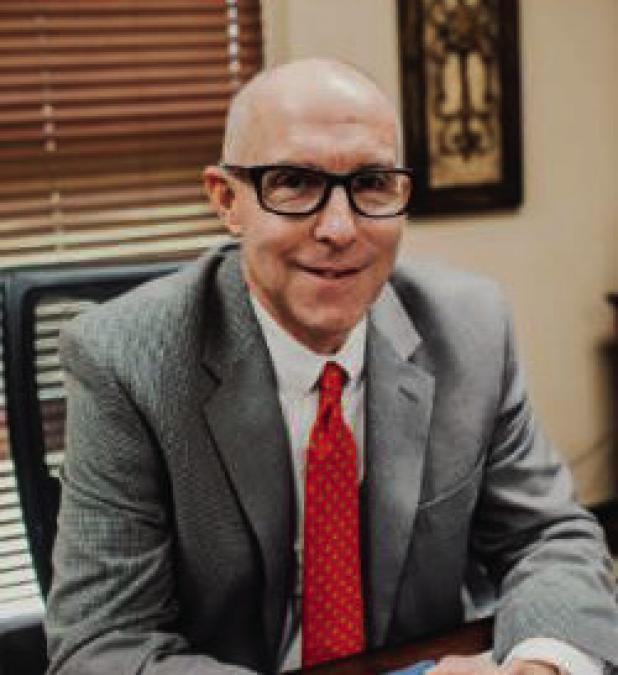
OISD Will ‘Wait and See’ on Voucher Bill
The Texas House of Representatives has passed a school voucher bill that would allow families to use public dollars to pay for private school tuition, setting off alarms in rural communities like Olney, where public schools already face mounting financial and staffing challenges.
The legislation, Senate Bill 2, establishes a $1 billion education savings account program, offering up to $10,000 per child annually for private school tuition and related costs. Homeschooling families could receive $2,000 per child, and students with disabilities may be eligible for as much as $30,000.
While the bill sets an income eligibility cap at 500 percent of the federal poverty level—about $160,000 for a family of four—critics say the program is likely to benefit wealthier families who already send their children to private school.
The measure passed narrowly after months of fierce debate, much of it driven by concerns from rural lawmakers, school leaders, and community members who say such programs siphon resources from public school districts that are already underfunded and struggling to recruit teachers. Rep. David Spiller, R-Jacksboro, voted for the measure, saying it would have little effect on rural districts like Olney ISD.
“It’s important to note, Olney ISD - or any school district in Young County - will not lose a single dollar or a single student to an ESA,” Rep. Spiller said. “That’s because there is only one accredited private school in all of HD 68 eligible for ESA funding, and it’s nowhere near Young County.”
Rep. Spiller could not be reached for comment. Sen. Brent Hagenbuch, R-Denton, whose candidacy last year was supported by voucher advocate Greg Abbott, also supported the plan.
Sen. Hagenbuch described the bill as “a historic win for Texas families and school choice” in a Facebook post.
Gov. Abbott made the voucher plan a legislative priority in 2023 but failed to pass it despite four special legislative sessions because of opposition from rural Republicans and Democrats. Gov. Abbott ran primary challengers against the Republicans who voted no on vouchers to turn the vote his way.
Gov. Abbott has received more than $10 million in campaign contributions from voucher advocates including Pennsylvania billionaire Jeff Yass and West Texas billionaires Tim Dunn and Farris and Dam Wilks.
Olney ISD Superintendent Dr. Greg Roach expressed concern about the bill’s long-term impact on rural education.
“There is absolutely no way to know the intended, or unintended, consequences in regards to funding. We just do not know. If anyone says differently, they have no working knowledge of how complex and convoluted the state funding formulas work,” Dr. Roach said in an email.
“The increase in basic [allotment] should help some. Representative Hinojosa commented, ‘This bill is everything that is wrong with politics.’ I suspect that a majority of people in the state are opposed to vouchers. Gerrymandering and the primarying of senators and representatives resulted in the passage of this type of legislation. We will see what happens when the legislation goes to committee.”
Texas public schools are funded based on daily student attendance, meaning that every student who leaves a public school for a private one takes state funding with them. Despite a modest proposed increase in the basic allotment—the amount of money public schools receive per student— it may not be enough to counteract the effects of inflation and voucher and homeschool participation.
The bill now heads to a conference committee to reconcile the House and Senate versions.
